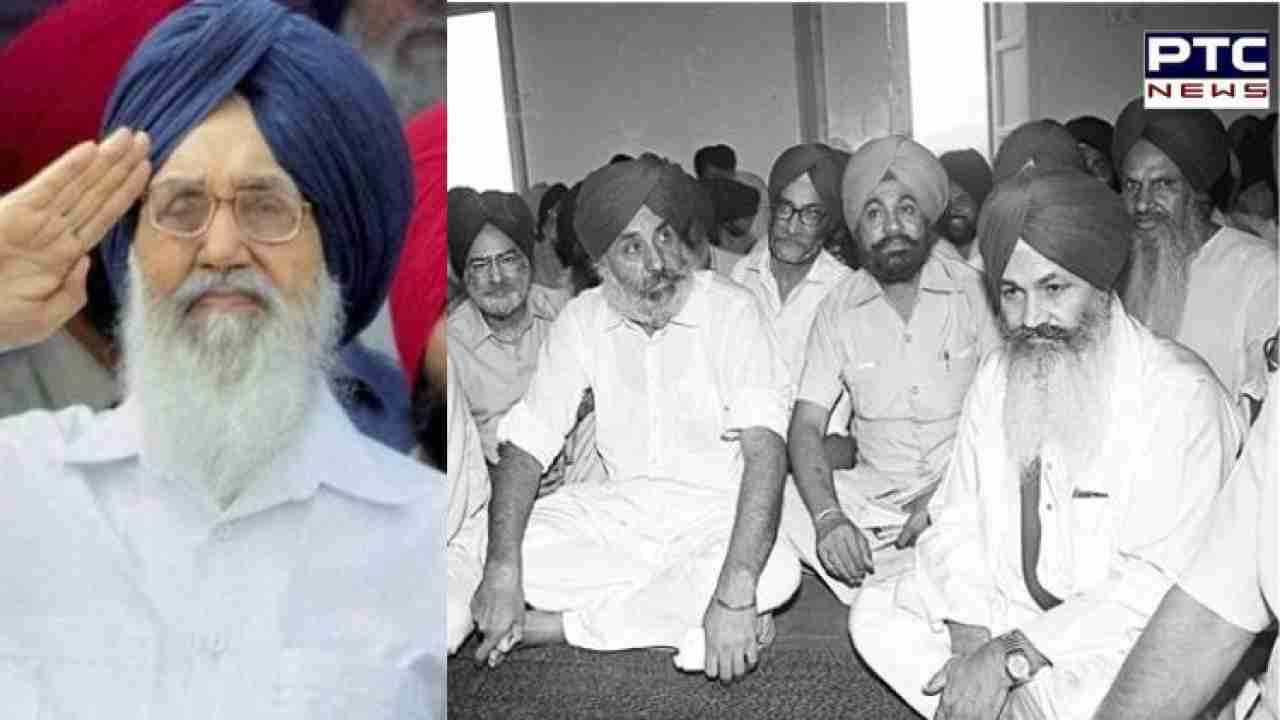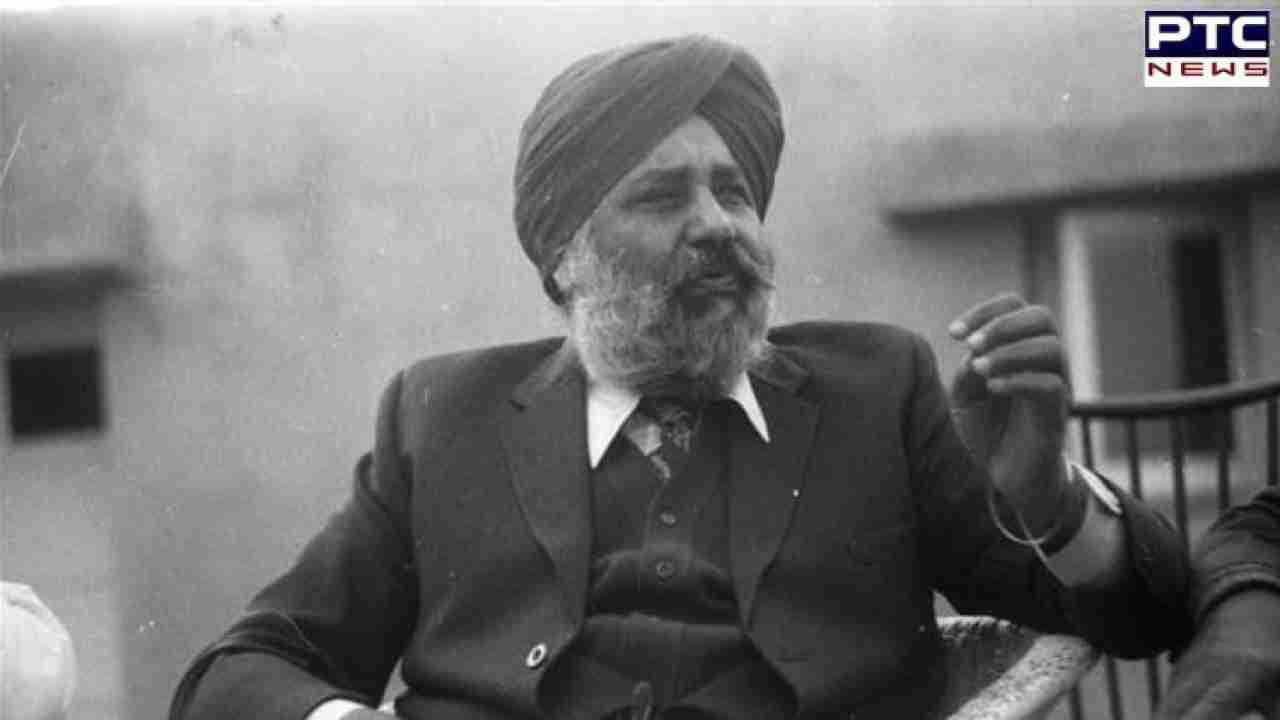

Shiromani Akali Dal 103rd Foundation Day: A peep into party's journey of reform and struggle
Shiromani Akali Dal 103rd Foundation Day: The commemoration of the 103rd foundation day of the Shiromani Akali Dal (SAD) reverberates with the echoes of a journey marked by resilience, transformation and unwavering commitment to Sikh principles. Since its inception on December 14, 1920, amidst the fervent wave of the Gurdwara reform movement, the SAD has evolved into a cornerstone of Punjab's socio-political fabric.
Founding Ideals and Historical Context | In Detail
The roots of the SAD trace back to a time when Sikhs felt marginalised and sought redressal for their religious and political rights under the British colonial rule. Spearheaded by luminaries such as Baba Kharak Singh and Master Tara Singh, the movement gained traction, advocating for Sikh control over gurdwaras. The tragic Nankana Sahib massacre in 1921 underscored the plight of Sikhs and became a catalyst for the Akali movement.
Upholding Principles and Ideology
Embedded in the teachings of Sikh Gurus, the SAD's ideology echoes the principles of justice, equality and the preservation of Sikh identity. Its genesis at the Akal Takht Sahib in Amritsar was a testament to its commitment to safeguarding Sikh religious and political freedoms.
Political Contributions and Evolution
Over the years, the SAD has been an influential player in Punjab's political sphere. Its participation in various state governments underscored its dedication to advancing Sikh community interests and propelling Punjab's development. Notably, the Anandpur Sahib Resolution of 1973 epitomised its pursuit of regional autonomy while upholding national unity.
Generational Legacy: Sardar Parkash Singh Badal Family's Enduring Influence in SAD
Late Sardar Parkash Singh Badal's family has had a long-standing association with the Shiromani Akali Dal (SAD), dating back to several decades. The entry of Badal's family into the SAD can be traced to Badal Saab's own active involvement in politics and his rising prominence within the party.
Parkash Singh Badal himself emerged as a young leader within the Akali fold, displaying dedication, leadership qualities, and a deep commitment to Sikh principles. His early engagement in social and political activities paved the way for his entry into the Shiromani Akali Dal.
Sardar Badal Saab's rising influence and effective leadership gradually brought other members of his family into the realm of the party. His son Sukhbir Singh Badal and daughter-in-law Harsimrat Kaur Badal have also played significant roles within the party and in Punjab's political landscape.

Challenges and Adaptability
Despite its significant contributions, the SAD faced internal divisions, leadership transitions and ideological transformations, leading to periods of unity and fragmentation. Nevertheless, it continued its influence, forming strategic alliances and coalitions to navigate the evolving political landscape.
Contemporary Relevance and Priorities
In recent times, the SAD has addressed critical issues such as agriculture, farmer welfare, economic development, and regional concerns. Its active engagement in national policy debates showcases its commitment to advocating for Punjab and the broader Sikh community.
The celebration of the SAD's 103rd Foundation Day stands as a testament to its enduring legacy. Yet, it prompts introspection, urging a renewed dedication to the founding principles amidst the challenges of the modern political milieu.
- PTC NEWS
